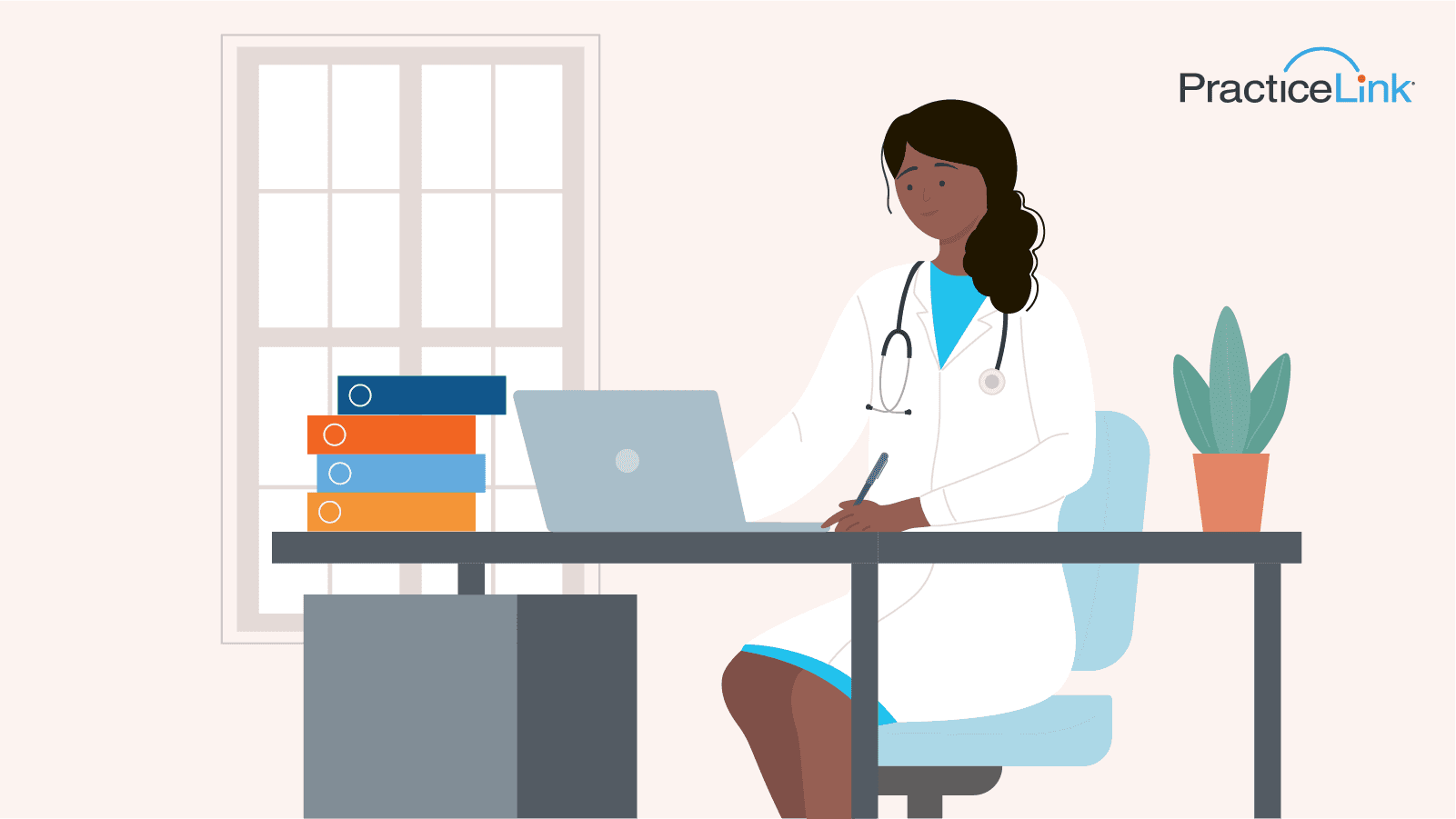Top 10 resources for preparing for medical boards
By Stephen Leggitt December 3, 2024

Top 10 resources for preparing for medical boards
Preparing for medical board exams can be a daunting task for any medical student or resident. With such high stakes involved, it’s essential to have the right resources at your fingertips as you begin your preparation.
Here is a list of the top 10 resources for preparing for medical boards:
1. Question banks
Utilizing comprehensive question banks for board exam preparation. These resources offer hundreds – sometimes thousands – of practice questions that closely mimic the actual exam format. Each question typically comes with detailed explanations, helping you understand the underlying concepts. Many platforms also feature analytics to track performance and identify areas needing improvement.
2. Comprehensive review books
A solid review book is a staple for board preparation. These books condense critical information into accessible formats, covering all essential topics. The latest editions often include updated guidelines and high-yield facts that are particularly useful for quick reviews. Many students find it beneficial to use these books alongside practice questions to reinforce their knowledge.
3. Structured review courses
Structured review courses are available through various educational platforms and can cater to different learning styles. They typically offer a combination of online lectures, live classes and practice questions. These resources provide structured study plans that help you focus your preparation and stay organized throughout your study period.
4. Integrated knowledge platforms
Some platforms combine a medical knowledge library with an integrated question bank, making them a unique resource for board preparation. These tools offer clinical information and interactive features that allow you to link concepts with questions, reinforcing your learning by providing context and assessing real-world applications.
5. Video lecture series
Since videos are the way most people in today’s world receive information, video lecture series are a great resource for visual learners. Videos can either cover core topics in medicine that simplify complex subjects or cover specialized areas of medical knowledge. The accompanying notes and practice questions complement the video content, allowing for active engagement with the material. This resource is particularly valuable for those who may struggle with traditional textbook learning and are used to retaining information via screens.
6. Visual learning tools
Visual learning tools use storytelling and memorable illustrations (sometimes interactive) to teach more challenging subjects like microbiology and pharmacology. This common approach aids in retaining information long term, making it easier to recall during exams. Many students find this method particularly effective for complex topics that require a deeper understanding.
7. Self-Assessments
Self-assessment tools provided by official examination bodies offer a realistic experience of what the actual board exams will be like. These assessments can help you gauge your readiness and identify areas that need further review. Designed to mimic the exam format, they can be a crucial part of your final preparations.
8. Medical news and updates
Staying updated on current medical news and clinical updates is valuable, even if it’s not specifically tailored for board exam prep. Access to the latest guidelines and research can broaden your understanding of the field. Many platforms also feature quizzes and articles that serve as supplementary learning tools.
9. Online communities
Joining online communities can be incredibly beneficial for board preparation. Social media groups and online forums allow you to connect with fellow medical students and professionals. These platforms provide a space for sharing resources, asking questions and discussing strategies. Peer support can be invaluable, especially when managing stress and motivation.
10. Study groups
Forming or joining a study group can also significantly enhance your preparation. Collaborating with peers allows for diverse perspectives on complex topics, leading to a deeper understanding in a peer-to-peer setting. Teaching each other and discussing challenging questions can reinforce your knowledge.
Preparing for medical board exams is a challenging and rewarding journey. Utilizing a mix of high-quality resources can significantly enhance your study experience and boost your confidence on exam day. From comprehensive question banks to engaging video lectures, each resource has its unique strengths. Tailor your study plan to include a variety of these tools and remember consistent effort and a supportive network can make all the difference.
For more insights on preparing for medical boards, visit the Board Prep and Review section of PracticeLink’s Resource Center.

